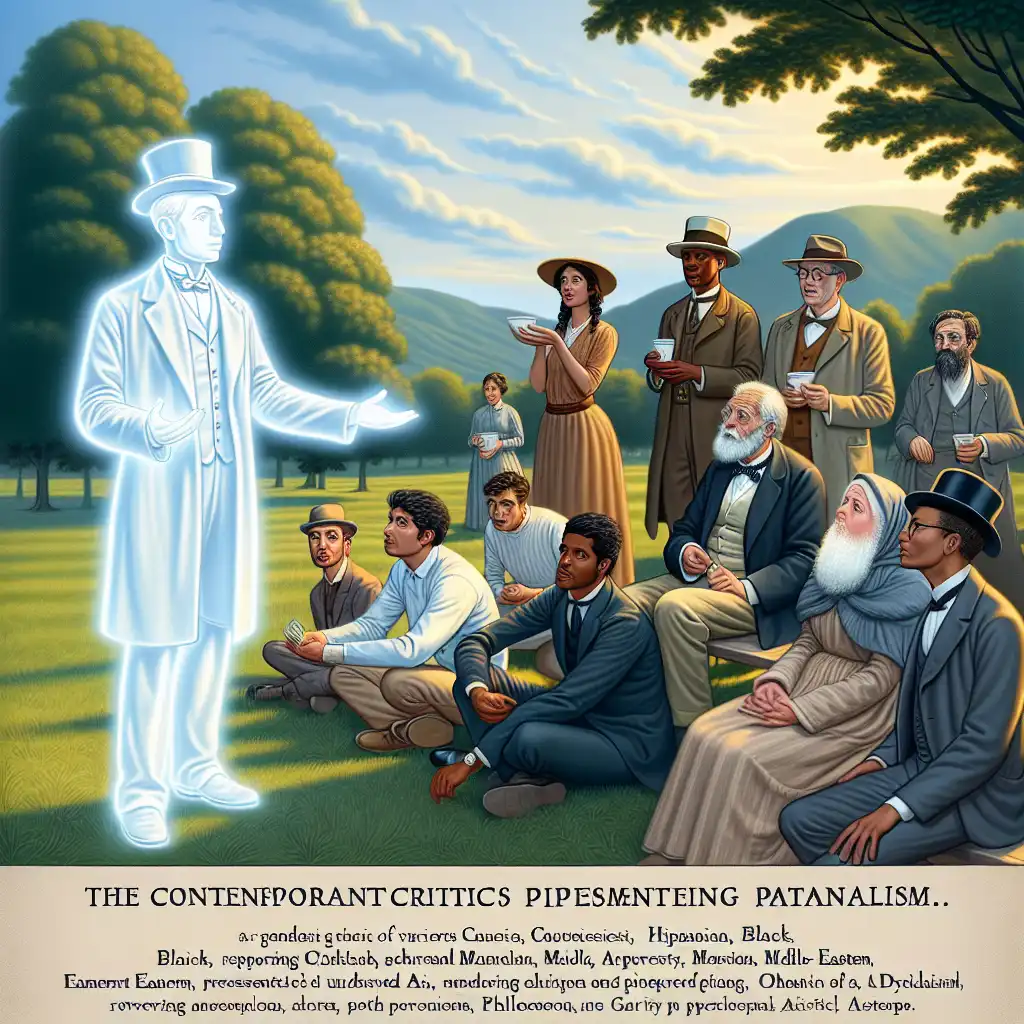
Paternalism
Patronizing Tone
Paternalism often suggests the higher power is superior, which can sound patronizing.  The program's paternalism assumed locals couldn't manage without external help.
The program's paternalism assumed locals couldn't manage without external help.
Implicit Trust
Using 'paternalism' implies trust in the authority, as a child trusts a parent.  She defended the law's paternalism, trusting the government's judgment.
She defended the law's paternalism, trusting the government's judgment.
Historical Usage
'Paternalism' is often used to critique historical governance, implying outdated methods.  Critics dismiss the policies as remnants of nineteenth-century paternalism.
Critics dismiss the policies as remnants of nineteenth-century paternalism.